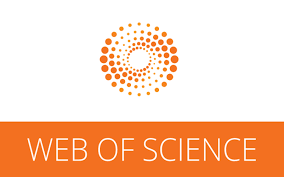A CASE STUDY ON INTEGRATING SOCIAL AND ENVIRONMENTAL SUSTAINABILITY DEVELOPMENT IN THE CURRICULUM THROUGH EXPERIENTIAL LEARNING
Abstract
This case study explores a community immersion programme, "Empowering Students as Community Change-Makers," at a higher education institution. It integrates social and environmental sustainability into the curriculum through experiential learning, engaging students for 50 hours in community initiatives. The program aims to sensitize students to community needs, align with UN Sustainable Development Goals, and bridge theory-practice gaps. Five key objectives include reforestation, farmer development, resource recovery, skill development, health and hygiene. Projects range from reforesting lands to waste management and rural school support. Results show the program's success in raising environmental awareness, improving waste management, boosting local ecosystems, empowering students, and increasing farmers' incomes. It also enhances awareness of vital topics like menstrual health and organ donation.In conclusion, this case study illustrates the program's effectiveness in integrating sustainability into education, empowering students as proactive community change-makers.














